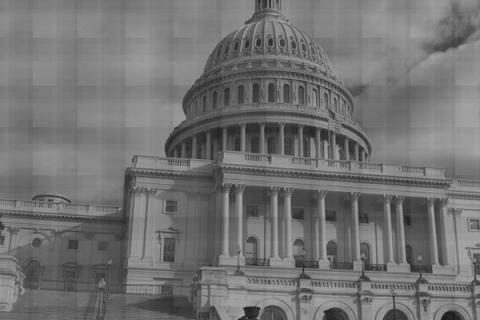
Senator Juan Vargas (D-Chula Vista) held a press conference today at Bob Stiver's Shell station in Downtown San Diego regarding the recent spike in fuel costs. Vargas stated that he was going to urge Governor Jerry Brown to agree to a variance that will allow the city to switch from "summer-grade" fuel to "winter-grade," which would be typically earlier than usual.
"The issue with our summer-grade fuel right now, is that we just don't have enough of it in Los Angeles," said Vargas. "I've been pushing for other means of shipping gas from our refineries, such as using trucks instead of barges, in order to cut down the consumer's cost for fuel. This is a 'shipwreck,' as gasoline costs over five bucks a gallon in some places."
San Diego is one of the last cities in the state to make the switch from summer-grade to winter-grade fuel. So what, other than cost, makes the two grades different?
Summer-grade fuel has a different Reid Vapor Pressure (RVP) than winter-grade. RVP is the vapor pressure of gasoline measured at 100 degrees Fahrenheit. Winter-grade fuel uses butane as an additive, because it has a high RVP of 52 PSI, and this is necessary in the colder months. Since butane is abundant, and relatively cheap, winter-grade fuel prices would reflect this shift. Summer-grade also contains butane as an additive, but in much lower quantities.
The EPA defines April to June as a "transition period" for fuel production. Gas stations have by June 1 to switch to selling summer-grade gas, while terminals and other facilities "upstream" from pumping stations have to switch by May 1 [Source: EPA]. Typically, most fuel companies get into-winter grade production in early September, but San Diego is a bit behind that deadline.
Vargas added that the variance would allow refineries to refine and sell winter-grade fuel, and that he was speaking with Governor Brown regarding the variance this afternoon. Although Vargas had not had a substantial conversation with the governor directly regarding the variance, he felt that the governor could utilize his emergency powers to get the refineries producing winter-grade fuel immediately.
"The reason you see a drop in gas prices, is because you have plenty," elaborated Vargas. "Consumers are saying: 'Do something about this,' as we are in a shortage. Let's grab this waiver, which will bring prices down and get more gas in Los Angeles, and therefore, be less expensive in San Diego."
